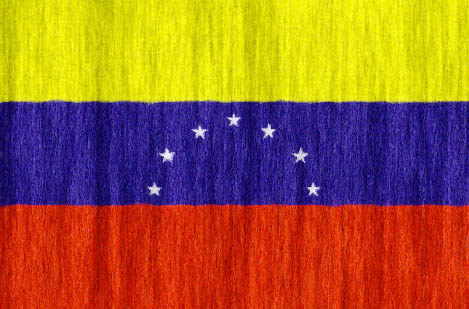Venezuela’s vast nationalised oil sector needs to open up to foreign investors if it is to develop but there is little likelihood of a rapid change following the death of president Hugo Chavez, analysts say.
Chavez used oil as a political and propaganda tool and his passing has focused attention on what will happen next to the largest proven crude oil reserves in the world.
Oil prices slid yesterday, having earlier rebounded on uncertainty following Chavez’s death. The market then accelerated losses after signs of weak demand in the US, the world’s leading oil consumer.
“President Chavez going out of the picture is a big game-changer,” Diego Moya-Ocampos, analyst at IHS Global Insight, told AFP. “He leaves a power vacuum (in Venezuela) which will be very, very hard to fill.”
He believes that if Chavez’s chosen successor Nicolas Maduro won elections that could be held within a month, little would change in the short term.
“If Maduro is elected, we could expect some policy continuity, and the same sort of nationalist approach.”
Analysts at JBC Energy agreed: “We do not expect large changes to Venezuela’s oil policies and see only a minor chance for greater openness towards foreign investors, especially as current arbitration cases against IOCs (international oil companies) are still ongoing.”
The US giant ConocoPhillips is one of the companies in dispute with Venezuela. Chavez’s rise was closely linked to oil. He nationalised some assets owned by international oil companies and put the state company PDVSA in control of all oil and gas projects.
Following his election in 1998, Chavez profited from the dizzying rise in crude prices which increased tenfold in a decade, investing billions of dollars of the profits into ‘social inclusion’ projects for the poor.
Chavez also used the oil to keep his allies close. Venezuela supplied 100,000 barrels of crude a day at preferential rates in exchange for medical personnel. Chavez also sent Nicaragua 10mn barrels of oil a year and Uruguay received between 6bn and 8bn barrels a year.
But it is China that could suffer most from any breakdown in the special relationship it cultivated with Chavez’s regime.
China has agreed to lend Venezuela around $50bn through the Chinese Development Bank in return for shipments of crude oil. “Beijing will be worried about the future of this strategic investment,” said Jean-Francois Dufour, an analyst at the French company DCA Chine-Analyse.
David Rees, of Capital Economics, said: “The uncertain political outlook could discourage future petro-loans from China.”
With oil revenues providing 90% of Venezuela’s foreign earnings, Chavez’s likely successor Maduro will probably have to increase oil output to maintain the social inclusion policy, Moya-Ocampos said.
And that, he believes, could see international oil companies being allowed to play a bigger role.
“It will lead to a situation where ... particularly in the oil-rich Orinoco Belt, we can expect some flexibility.
Whatever happens, Venezuela will remain a major player in the oil market. According to BP economists, it has the largest proven reserves of crude in the world, with 296bn barrels, compared with 265bn barrels for Saudi Arabia.
Despite Chavez’s hostile relationship with US politicians, Venezuela exported 36% of its oil production to the US in 2012.
Oil falls further as US crude stocks soar
Global oil prices fell further yesterday after US crude stockpiles surged by more than eight times the expected amount, suggesting weak demand in the world’s biggest oil consuming nation.
The market was already in negative territory on profit-taking, having earlier rebounded on uncertainty following the death of Hugo Chavez, the president of major Latin American crude producer Venezuela.
In late afternoon London deals, Brent North Sea crude for delivery in April dropped 64¢ to $110.97 per barrel.
New York’s main contract, West Texas Intermediate (WTI) light sweet crude for April shed 72¢ to $90.10 a barrel.
Prices accelerated their losses after the US government’s Department of Energy announced that American crude inventories soared by 3.8mn barrels in the week ending March 1.
That was far more than market expectations for a modest gain of 500,000 barrels, according to analysts polled by Dow Jones Newswires. Crude oil stocks currently stand at their highest weekly level since June 29, 2012.
The market was “already in a falling trend this afternoon and this is an excuse to sell off further”, said SEB commodities analyst Bjarne Schieldrop.

